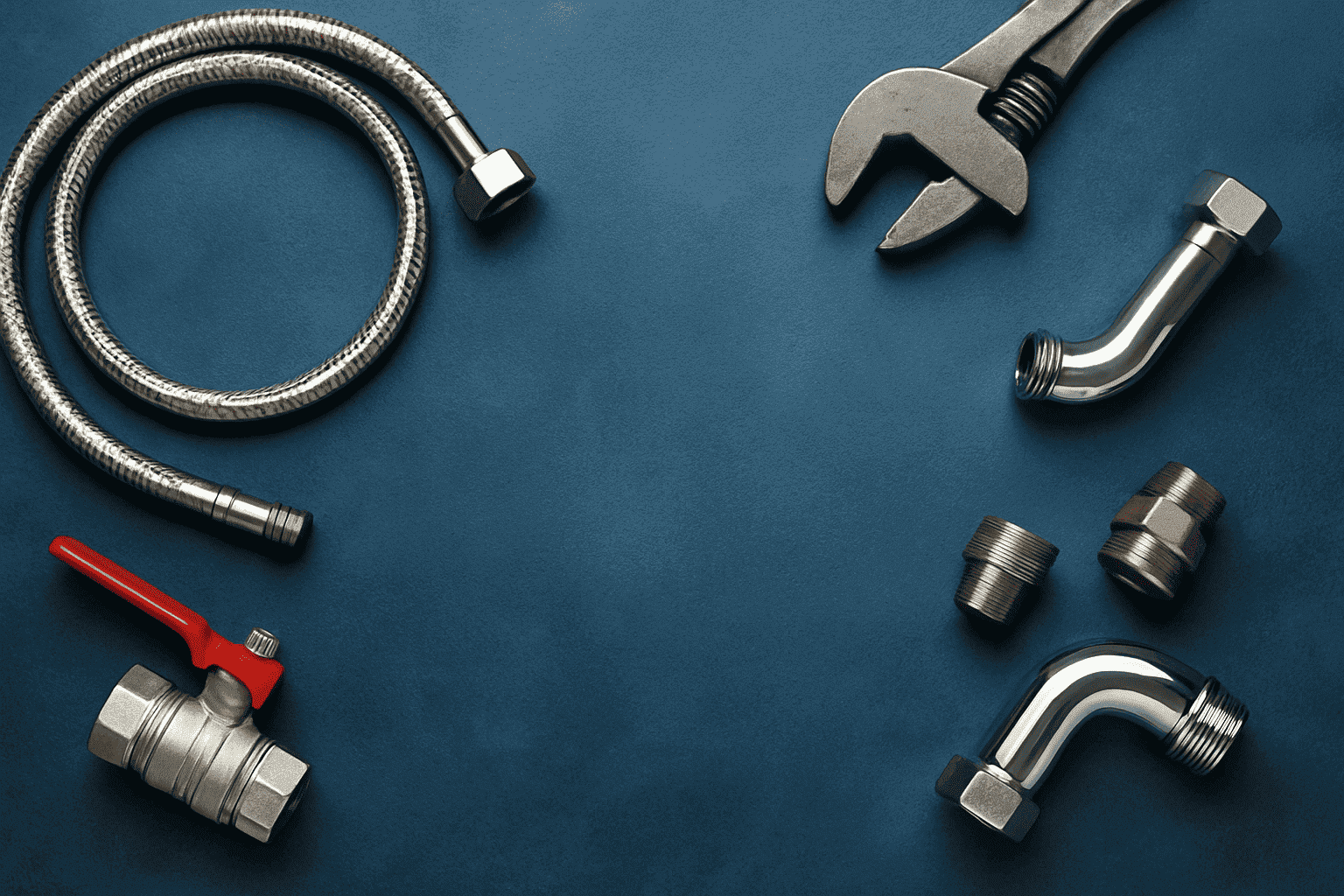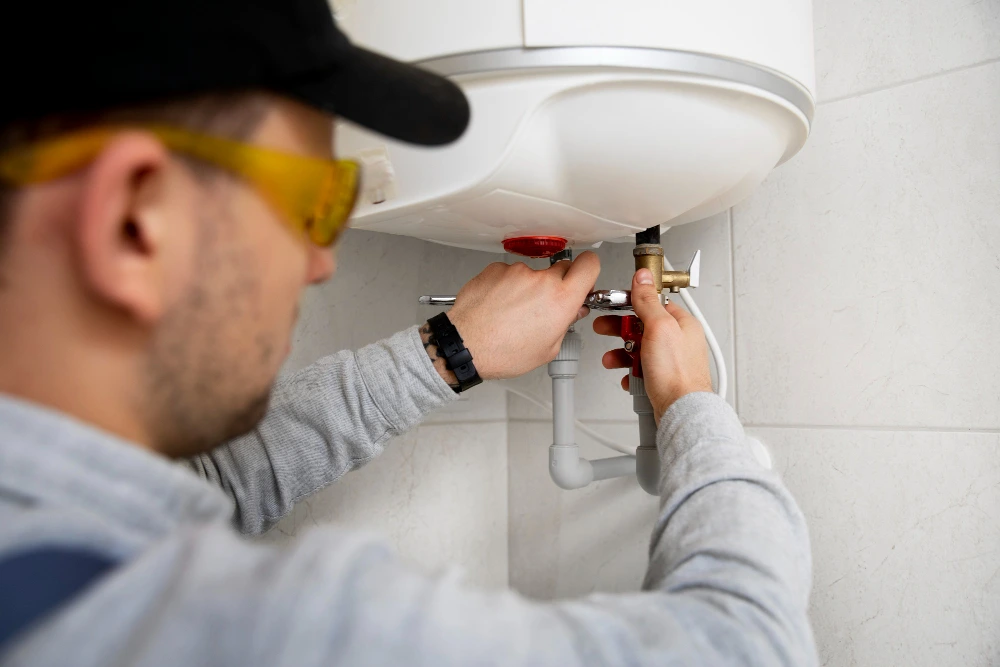
The Importance of Backflow Prevention in Miami Plumbing
Clean water is essential for your family’s health and comfort, but many homeowners overlook the threat posed by backflow. In Miami, where storms and flooding can create unique plumbing challenges, understanding and preventing backflow is especially important.
Table of Contents
What Is Backflow?
Backflow occurs when water flows in the reverse direction from what’s intended, causing potentially contaminated water to enter your home’s clean water supply. This can happen during sudden changes in water pressure—like a burst pipe or during firefighting efforts.
Backflow can introduce harmful substances such as:
- Pesticides
- Fertilizers
- Human waste
- Industrial chemicals
Why Is Backflow Prevention Crucial in Miami?
Southwest Florida’s frequent storms and heavy rainfall can increase the risk of backflow by creating sudden drops in water pressure. When the municipal water supply pressure dips, it can pull contaminants from your irrigation system or other external sources into your drinking water.
In Miami, local building codes often require backflow prevention devices to protect both individual homes and the municipal water supply. Ignoring these codes or failing to maintain your backflow prevention system can result in unsafe water and legal consequences.
How Backflow Prevention Devices Work
Backflow prevention devices, such as:
- Pressure Vacuum Breakers (PVB)
- Double Check Valve Assemblies (DCVA)
- Reduced Pressure Zone (RPZ) assemblies
are installed in your plumbing system to stop water from reversing direction. These devices use mechanical valves and air gaps to ensure water only flows in the intended direction.
Maintenance and Testing Requirements
Backflow prevention devices must be tested annually by a certified plumber. Over time, wear and tear can compromise the device’s effectiveness. During a professional inspection, the plumber will:
- Check for leaks and wear
- Test the device’s valves and air gaps
- Ensure compliance with local regulations
If your device fails, immediate repair or replacement is essential to protect your drinking water and avoid costly fines.
When to Schedule Backflow Testing
In Miami, the best time to schedule backflow testing is before the rainy season begins—typically in late spring or early summer. However, if you notice:
- Discolored water
- Bad smells or tastes in tap water
- Low water pressure
it’s critical to contact a plumber right away, as these can be signs of backflow issues.
Professional Plumber Tip
Many Miami homeowners overlook their irrigation systems as a source of potential backflow. If you have a sprinkler system or outdoor faucet, make sure these connections are protected by a properly installed backflow prevention device. A quick check-up in spring can save you from costly repairs—and keep your drinking water safe and clean year-round.
Conclusion
Backflow prevention isn’t just a plumbing requirement—it’s a vital part of ensuring safe, clean water for your family. In Miami, where flooding and sudden pressure changes are common, taking proactive steps to maintain and test your backflow prevention devices is essential.
Don’t wait until you have a contamination issue. Contact Plumbing 24 Service Inc to schedule your annual backflow inspection and protect your home’s drinking water.
Need help with a plumbing problem?
Our professional plumbing team is available 24/7 to address all your plumbing needs in Miami.
Call us: (239) 292-1993
